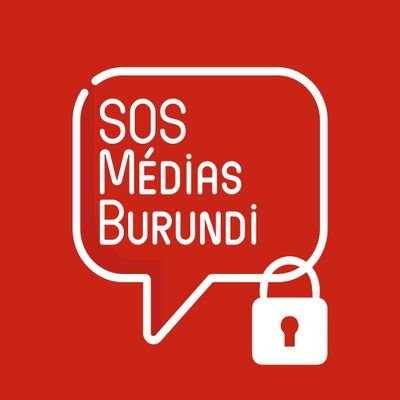DRC: South Kivu teams up with the North to oppose the regional force
Rallies were held, on Tuesday, in several cities and entities of South Kivu, Eastern DRC to call for “a halt to all activity” to “ask for the departure of the regional force “, blamed for its inefficiency. For several weeks, similar protests have been organized in the neighboring province of North Kivu by civil society, pressure groups and students. INFO SOS Médias Burundi
The invitation from the civil society organizations in South Kivu was widely heard, noted our reporter. Accross the small and large towns such as Bukavu (capital of South Kivu), Uvira, Kamituga and Baraka, it was looking like a dead city on Tuesday.
“Shops were closed, pupils and school children stayed at home, no vehicles in the streets and the markets were closed” an SOS Médias Burundi’s reporter noticed.
Kelvin Bwija, one of the civil society leaders in Uvira says that “we wanted to express our indignation”.
“We say no to the balkanization of the Congo,” chanted demonstrators. Contrary to what happened in Goma (capital of North Kivu) recently, the protesters here were not dispersed by the police.
Some local authorities, including the mayor of Uvira Kiza Muhato, considered that “it is a right recognized by the Congolese Constitution”.
They also demanded the departure of troops from the regional force which they blame for inefficiency.
The regional force was decided by the heads of state of the East African community in June 2022 in the Kenyan capital Nairobi. The troops are decried by a group of Congolese actors describing them as “accomplice”.
Critics say they are “not going on the offensive and attacking the M23”. They also indicate the troops are “only negotiating humanitarian corridors and buffer zones”, describing the EAC troops as “scouts and spectators”.
The M23, an ethnic Tutsi rebellion which took up arms again at the end of 2021 accusing the Congolese authorities of not having respected its commitments on the reintegration of its fighters has continued to progress since mid-June 2022 when it took control of the city of Bunagana, border with Uganda. The rebellion has recently expanded the area under its control into Rutshuru and Masisi territories in North Kivu province.
The Congolese authorities constantly blame Rwanda for its support to the rebel group, which the Rwandan government continues to brush aside, accusing in turn the Congolese leaders of “collaborating with the Rwandan genocidaires FDLR by providing them with uniforms, arms and ammunition with the aim of “destabilizing Rwandan territory”.

